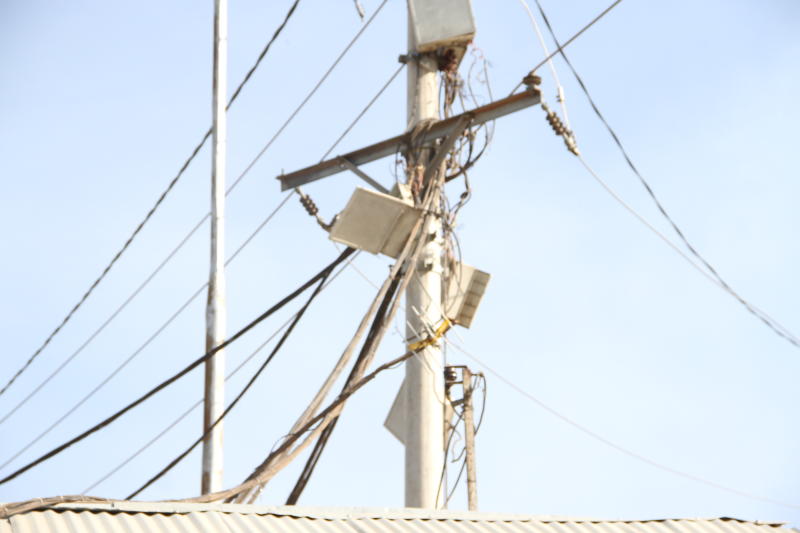×
The Standard e-Paper
Smart Minds Choose Us

Agnes Mukabana, 25, sits on a stool and watches as children play with raw sewage in Nairobi’s Korogocho slum. It reminds her of how she would run after her 16-month-old daughter to keep her away from the dirt.
But her little girl is no more, she died in a fire. The tragedy happened on February 5, 2019. Agnes had just come home from her casual job with her sleeping baby on her back. She put her to bed and set to do chores just outside the house; minutes later, her tin house was engulfed in flames.







